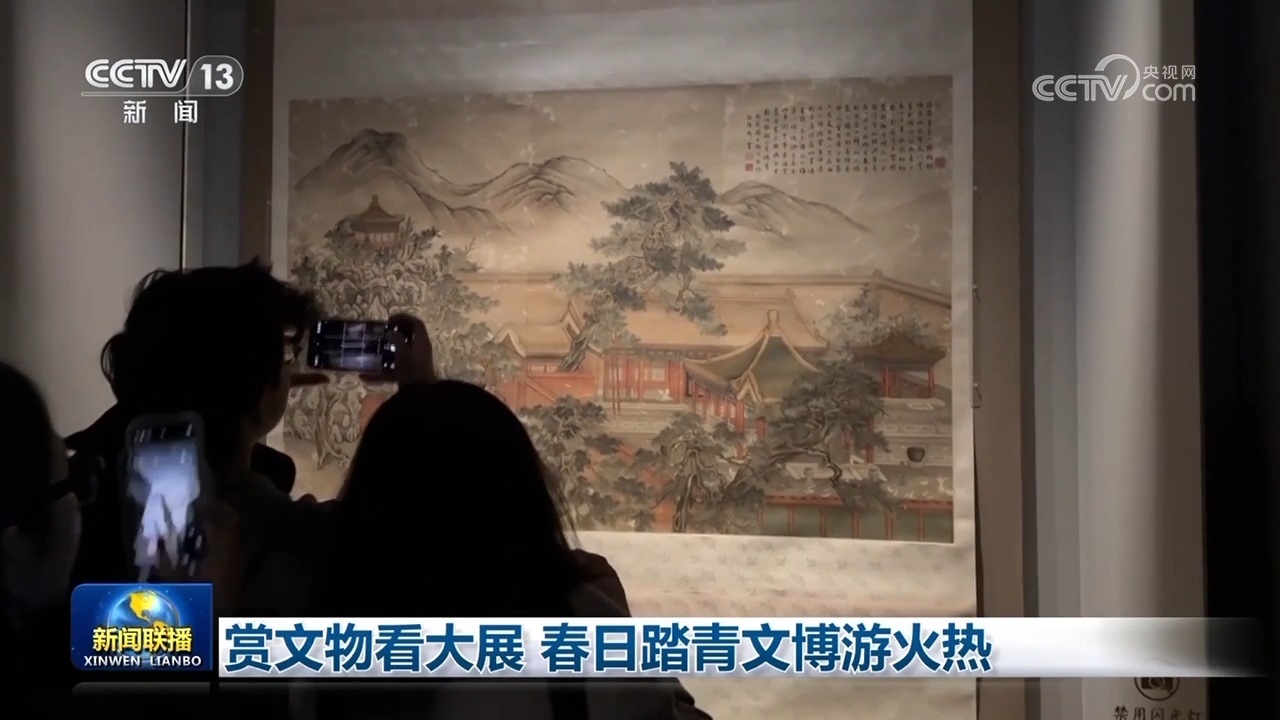China's sacrifices should always be remembered
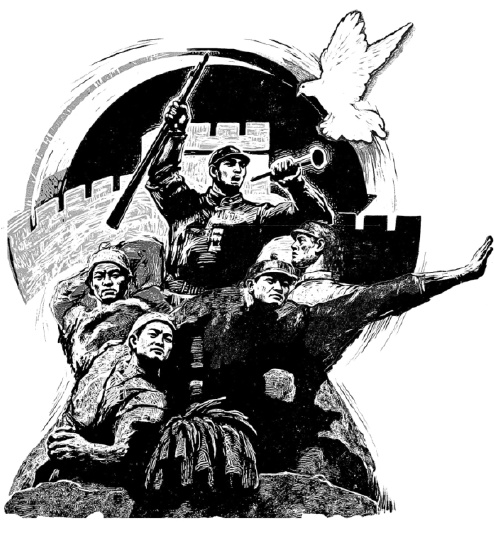
MA XUEJING/CHINA DAILY。
Editor's note:。With global tensions rising and regional conflicts showing no signs of ending, it has become more urgent than ever to understand the root causes of war. Wang Jianlang, president of the Chinese Society for the History of the War of Resistance Against Japanese Aggression, reflects on some overlooked aspects of World War II — its real starting point, China's under-recognized contribution, and why the principle of "indivisible peace" remains vital today. Wang also warns against populism and historical amnesia in an in-depth conversation with China Daily's Liu Jianna for Dialogues with Thinkers, China Daily's high-end interview program. Following are excerpts from the interview:。
Q1: How should the world reflect on World War II amid the ongoing regional conflicts in order to prevent new wars?
A: We are witnessing a turbulent era of global change. While we may not yet be on the brink of a third world war, the current global environment is arguably the most chaotic in the 80 years since the end of World War II. International rules and norms are being repeatedly violated, increasing the risks of a global war.。
In such times, it is crucial to learn from the experiences of World War II. The prelude to that war showed how incremental aggression, if unchecked, could spiral into a global catastrophe. The world failed to respond decisively to early acts of aggression, which ultimately emboldened the Axis powers. Japan's occupation of Northeast China, Germany's expansion into Austria and Czechoslovakia were all warning signs.。
Today, our ability to prevent another global war hinges on our willingness to uphold international norms, support multilateral institutions, and collectively and decisively respond to emerging threats. History warns us that inaction and appeasement are often enablers of war.。
Q2: Why should we reconsider the starting point of World War II?
A: Traditionally, World War II is considered to have begun in 1939 with Germany's invasion of Poland. This Euro-centric perspective has dominated mainstream history. However, decades of research suggest the war had two major origins: Europe and East Asia.。
Japan's invasion of Northeast China in 1931 — commonly known as the "Sept 18 Incident" — was a prelude to World War II. But the world at that time failed to recognize its global implications, which led to a long and brutal campaign that eventually evolved into a full-scale war in 1937.。
If we consider the Axis powers collectively as the initiators of World War II, then Japan's invasion of Northeast China in 1931 marked the opening act of the conflict, while its full-scale invasion of China in 1937 should be recognized as the true starting point of the war. Recognizing this broader timeline will not diminish European experiences but rather complete the full global picture of the war, because World War II was not a single-front conflict but a worldwide fight against fascism, shaped by multiple triggers and theaters of violence.。
Q3: What key lessons from World War II should we always remember?
A: One of the most important lessons is the danger of appeasement and inaction in the face of early aggression. Before 1937, as Japan escalated its aggression into a full-scale invasion of China, the international community largely limited its response to expressions of sympathy, offering little in the way of concrete support. The lack of action to curb Japan's ambitions failed to deter Japan's expansion, which continued to intensify in the following years.。
Similarly, in Europe, the 1938 Munich Agreement — where Great Britain and France conceded Czechoslovak territory to Nazi Germany — demonstrated how granting repeated concessions could backfire. Germany and Japan both interpreted these diplomatic compromises as a green light to intensify their aggressive campaigns.。
Another crucial lesson is the concept of "peace is indivisible". In the 1930s, major powers such as the United States viewed regional wars in Asia as irrelevant to their own national security. It wasn't until the industrial Western powers were attacked and a global alliance was formed that the importance of world peace became undeniable.。
This idea is part of the foundation of international relations. The threat to peace in one region must be seen as a threat to global peace and stability, which warrants collective and timely action. Only by adhering to this principle can we prevent regional conflicts from turning into global wars.。
Q4: How did China contribute strategically to the global anti-fascist war?
A: China's role in the global fight against fascism has often been undervalued, partly because it was not an industrial power like the US, Great Britain or the Soviet Union. Nonetheless, China's strategic contributions were immense.。
Despite the vast disparity in economic and military capabilities — China's GDP was less than a quarter and steel production less than 1 percent of Japan — China resisted Japanese aggression for 14 years, which includes eight years of full-scale war. It was a prolonged and costly resistance.。
China tied down more than 1 million Japanese troops on the Asian mainland, significantly easing pressure on Allied forces in the Pacific. Nearly 700,000 Japanese troops were engaged in Northeast China, preventing Japan from launching attacks on the Soviet Union's eastern front. This protected the Soviet Union in the east while it engaged in a brutal conflict with Nazi Germany in the west.。
Moreover, Chinese forces fought in foreign theaters such as Myanmar, contributing to the broader Allied victory. These sacrifices and strategic contributions earned China recognition as one of the "Big Four" Allied powers and a permanent seat in the UN Security Council. China's endurance and resistance were pivotal to the global outcome of the war.。
Q5: Why should the 1937 Lugou Bridge Incident be seen as a starting point of World War II?
A: While 1931 marked the beginning of a regional war of resistance against Japanese aggression, the Lugou Bridge Incident on July 7, 1937, signaled the onset of full-scale war between China and Japan.。
If we define World War II as a global war between expansionist powers and international resistance, then the 1937 invasion stands as a starting point of the war. Recognizing this helps correct the imbalance in Western narratives on the war, which often sideline the main Eastern battlefield's importance.。
By incorporating this perspective, we acknowledge that the war was not West-centric but part of a broader global breakdown of peace. It allows for a more nuanced understanding of the interconnectedness of global conflicts, and ensures that the experiences of Asian nations are not overlooked in the history of World War II.。
Q6: How should we see the roles of the Communist Party of China and Kuomintang during the Chinese People's War of Resistance Against Japanese Aggression?
A: Both the CPC and the KMT played vital roles in resisting Japanese aggression, operating on two major fronts: the enemy's rear and the main battlefield. Their contributions were complementary, even if political tensions between them persisted.。
When honoring wartime sacrifices, we should focus on the fact that all Chinese forces, regardless of their political affiliation, fought to defend the nation. Both the CPC and KMT soldiers are part of our shared memory of resistance and deserve equal recognition for their bravery. It's also important to resist overly politicized historical narratives that pit one side against the other. The reality is that their coordinated efforts helped sustain the national resistance despite extreme hardship. The legacy of these joint efforts should be a symbol of unity rather than division.。
Q7: Why must we remain vigilant against populist rhetoric and political manipulation?
A: World War II was not only a military conflict but also a political and psychological conflict. Both Nazi Germany and imperial Japan used mass propaganda to stir ultra-nationalism and justify their expansionist policies.。
Even today, in the age of information, populist leaders can distort facts and manipulate public sentiment. When emotions override reason, democratic systems can become vulnerable, and history shows how dangerous that can be.。
Preventing the resurgence of authoritarianism requires constant vigilance against those who use ultra-nationalism, fear and populism to polarize societies. The example of Hitler reminds us of how unchecked emotional mobilization can disable societal checks and balances, and lead to disaster.。
In this era dominated by social media echo chambers and algorithm-driven content, the danger is even greater. Populism can thrive in disinformation-prone environments, making it all the more essential to promote critical thinking and independent journalism.。
Q8: How did World War II lay the groundwork for today's global governance system?
A: After the end of World War II, the international community sought to prevent a recurrence of another global war by establishing a robust system of collective security, most notably through the United Nations. The concept of peace is indivisible became institutionalized; as a result any regional conflict can now be discussed at the UN Security Council.。
This legacy is not just symbolic. It reflects the hard-earned lesson that diplomacy and dialogue should take precedence over unilateral military actions. Today, maintaining the postwar world order is essential to maintain global stability.。
The idea that all conflicts — no matter how localized — can escalate and affect global peace shaped institutions like the UN and principles like the Responsibility to Protect. These frameworks are under strain today but remain vital.。
Recommitting to the spirit of postwar cooperation requires reforming and strengthening global institutions to reflect 21st-century realities, without losing sight of the lessons that led to their formation.。
Q9: Why has China's World War II narrative often been underrepresented globally?
A: Several factors have contributed to this narrative. First, during World War II, China was not an industrial power and, unlike its Western allies, lacked global influence. As a result, its contributions, though strategic and prolonged, did not receive equal attention in postwar narratives.。
Second, the dominant Euro-American focus in World War II historiography has often overlooked the significance of the main Eastern battlefield. But recent decades have seen a growing recognition of China's central role in resisting fascism.。
And third, ideological tensions during the Cold War further distorted historical representation. China's role was either politicized or sidelined depending on the prevailing geopolitical narrative. Only in recent decades has there been a scholarly shift toward a more balanced global account of World War II. Reframing historical narratives to include multiple perspectives is not about rewriting history; it's about completing it.。
Q10: Why does redefining the World War II narrative matter in today's geopolitical landscape?
A: Historical narratives shape contemporary perceptions and policies. Recognizing China's role in World War II reinforces its legitimacy as a founding member of the international order. It also highlights the importance of non-Western contributions to global peace.。
At a time when multilateralism is under strain and nationalism is on the rise, a more inclusive World War II narrative reminds us of the shared sacrifices that led to the formation of the current global system, and why it must be protected.。
Moreover, as new conflicts occur and historical accounts are often invoked to achieve political ends, a clearer understanding of how wars began — and how they were won — can guide better decision-making. Accurate, inclusive history is a cornerstone of peace and cooperation.。
To build a bright global future, we require a collective memory which should recognize that World War II was not only fought and won in Europe, but across continents, with shared sacrifices and the common hope for peace.。
Wang Jianlang, president of the Chinese Society for the History of the War of Resistance Against Japanese Aggression. The views don't necessarily represent those of China Daily.。
If you have a specific expertise, or would like to share your thought about our stories, then send us your writings at opinionchinadaily.com.cn, and commentchinadaily.com.cn.。
(责任编辑:热点)
-
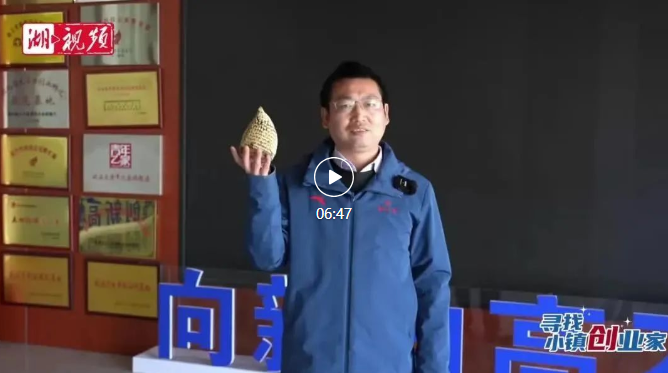 刻刀划过,滋滋动静。3月17日。咸宁市艺竹情工艺品有限公司的雕琢室里。贺慈正专心雕琢着手中的竹子。咸宁是全国九大竹产区之一。栽培楠竹约146.9万亩。数量高达2.2亿株。素有“楠竹之乡”的美誉。199
...[详细]
刻刀划过,滋滋动静。3月17日。咸宁市艺竹情工艺品有限公司的雕琢室里。贺慈正专心雕琢着手中的竹子。咸宁是全国九大竹产区之一。栽培楠竹约146.9万亩。数量高达2.2亿株。素有“楠竹之乡”的美誉。199
...[详细]
-
 4月27日,第二十届中国电影华表奖颁奖活动在山东省青岛市举办。获奖名单连续发布中:第二十届中国电影华表奖优异男演员:张译《三大队》)。第二十届中国电影华表奖优异女演员:惠英红《我喜欢你!》)。第二十届
...[详细]
4月27日,第二十届中国电影华表奖颁奖活动在山东省青岛市举办。获奖名单连续发布中:第二十届中国电影华表奖优异男演员:张译《三大队》)。第二十届中国电影华表奖优异女演员:惠英红《我喜欢你!》)。第二十届
...[详细]
-
 荆楚网湖北日报网)讯通讯员 赵继、冯正亮)4月21日至26日,以“交融立异 数智未来”为主题的第十九届中国世界机床博览会CIMT2025)在北京隆重举行并满意闭幕。这场机床职业的世界盛会,招引了全球目
...[详细]
荆楚网湖北日报网)讯通讯员 赵继、冯正亮)4月21日至26日,以“交融立异 数智未来”为主题的第十九届中国世界机床博览会CIMT2025)在北京隆重举行并满意闭幕。这场机床职业的世界盛会,招引了全球目
...[详细]
-
 荆楚网湖北日报网)讯通讯员 赵继、冯正亮)4月21日至26日,以“交融立异 数智未来”为主题的第十九届中国世界机床博览会CIMT2025)在北京隆重举行并满意闭幕。这场机床职业的世界盛会,招引了全球目
...[详细]
荆楚网湖北日报网)讯通讯员 赵继、冯正亮)4月21日至26日,以“交融立异 数智未来”为主题的第十九届中国世界机床博览会CIMT2025)在北京隆重举行并满意闭幕。这场机床职业的世界盛会,招引了全球目
...[详细]
-
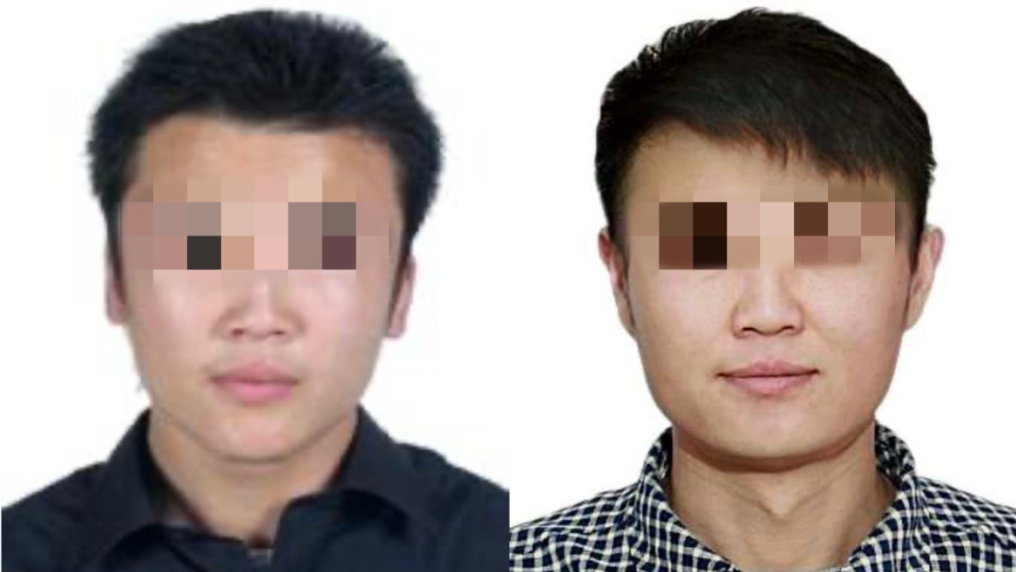 整容换脸、改换身份,一对夫妻涉嫌欺诈逃跑十年,近来在徐州睢宁被捕。近来,江苏徐州睢宁县公安局刑警大队对九顶山动物园打开例行巡查,一名男性游客引起了民警的留意,其面部容颜与外省警方通缉十年的在逃嫌疑人王
...[详细]
整容换脸、改换身份,一对夫妻涉嫌欺诈逃跑十年,近来在徐州睢宁被捕。近来,江苏徐州睢宁县公安局刑警大队对九顶山动物园打开例行巡查,一名男性游客引起了民警的留意,其面部容颜与外省警方通缉十年的在逃嫌疑人王
...[详细]
-
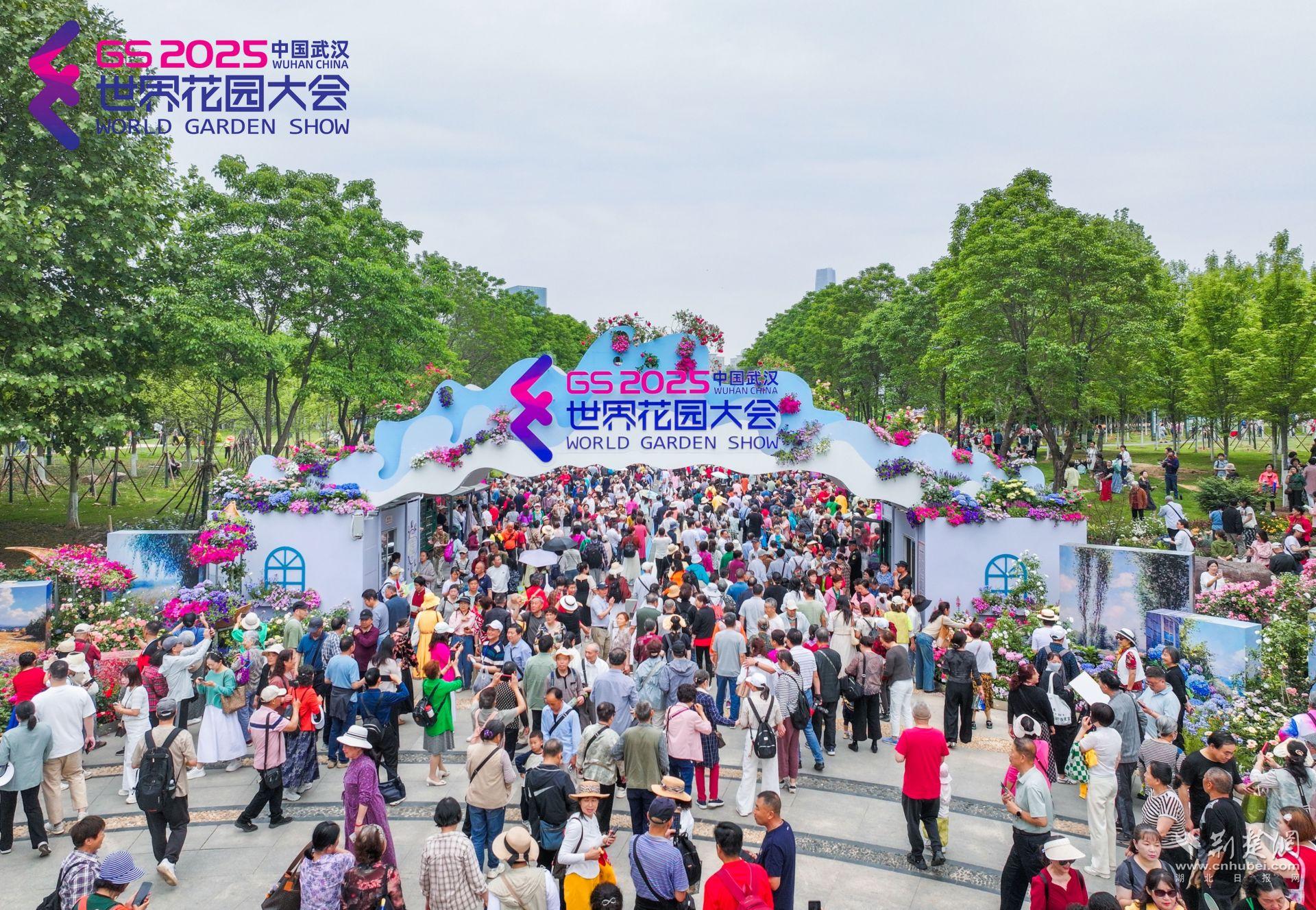 活动现场通讯员供给)。荆楚网湖北日报网)讯记者冯骋 通讯员孙姝 喻梦)“携手并肩,共赴繁花。”4月27日,武汉2025年国际花园大会在沙湖公园主会场,解放公园、中山公园、武商集团商圈3个分会场一起敞
...[详细]
活动现场通讯员供给)。荆楚网湖北日报网)讯记者冯骋 通讯员孙姝 喻梦)“携手并肩,共赴繁花。”4月27日,武汉2025年国际花园大会在沙湖公园主会场,解放公园、中山公园、武商集团商圈3个分会场一起敞
...[详细]
-
 人民网北京4月27日电 记者杨曦)国家统计局今天发布数据闪现,1—3月份,全国规划以上工业企业完成赢利总额15093.6亿元,同比增加0.8%。国家统计局工业司统计师于卫宁表明,一季度,各地区各部门仔
...[详细]
人民网北京4月27日电 记者杨曦)国家统计局今天发布数据闪现,1—3月份,全国规划以上工业企业完成赢利总额15093.6亿元,同比增加0.8%。国家统计局工业司统计师于卫宁表明,一季度,各地区各部门仔
...[详细]
-
 公交司机田斌救助跌倒女子。通讯员供给。荆楚网湖北日报网)讯通讯员 鲁娟 廖瑜 赵菁)4月26日早顶峰,武汉街头产生暖心一幕。585路公交司机田斌在驾车途中,决断泊车,飞驰救助一位跌倒的骑车女子,这一行
...[详细]
公交司机田斌救助跌倒女子。通讯员供给。荆楚网湖北日报网)讯通讯员 鲁娟 廖瑜 赵菁)4月26日早顶峰,武汉街头产生暖心一幕。585路公交司机田斌在驾车途中,决断泊车,飞驰救助一位跌倒的骑车女子,这一行
...[详细]
-
感触生机丨春风吹热野外配备消费 看“浙”里的冲锋衣有个“水上外挂”
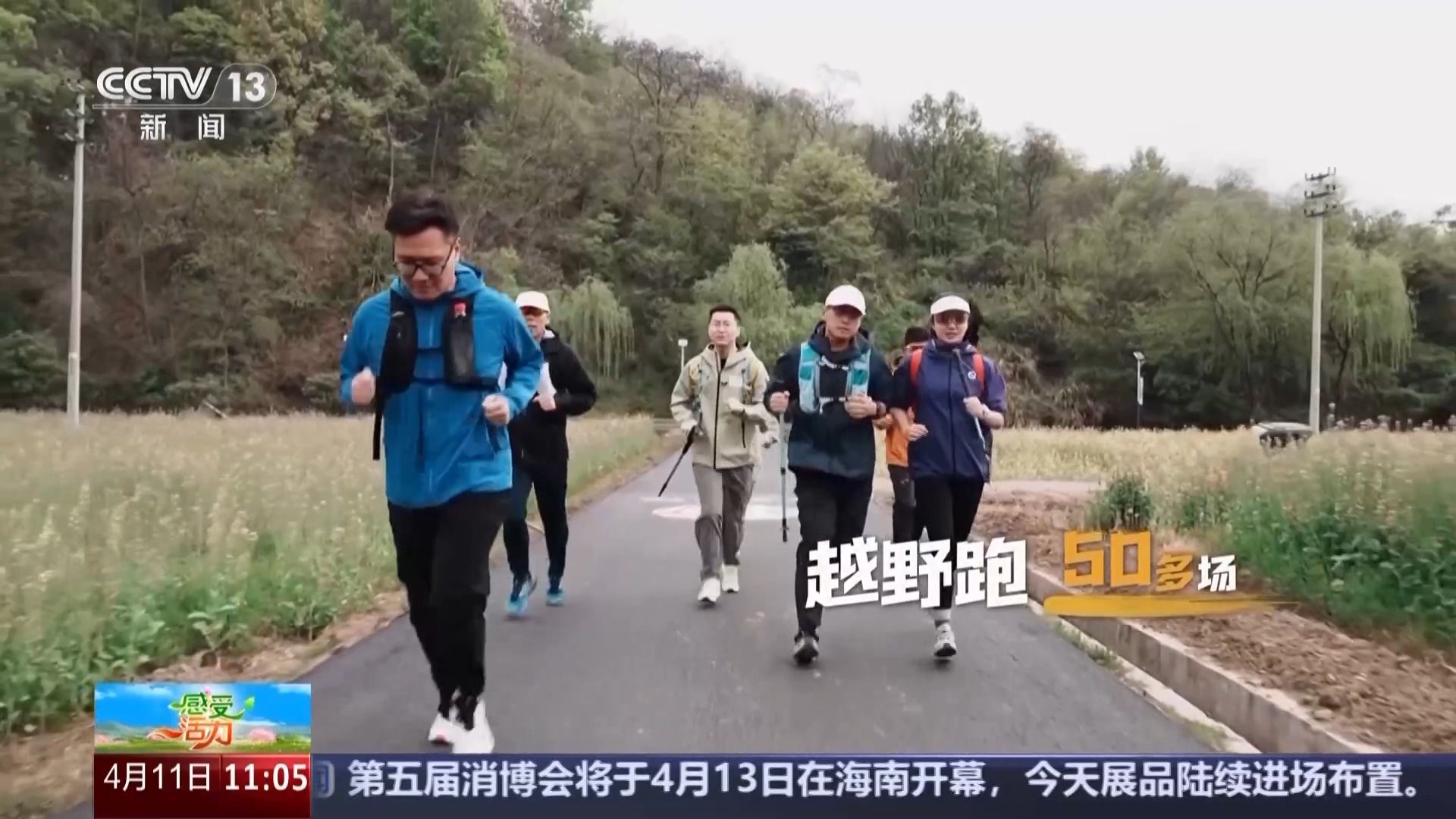 野外经济蓬勃开展,各级部分也连续出台相关方针。本年头,国务院办公厅转发两部分《关于建造高质量野外运动目的地的辅导定见》,清晰到2030年,全国建造100个左右高质量野外运动目的地;同样在年头,“202
...[详细]
野外经济蓬勃开展,各级部分也连续出台相关方针。本年头,国务院办公厅转发两部分《关于建造高质量野外运动目的地的辅导定见》,清晰到2030年,全国建造100个左右高质量野外运动目的地;同样在年头,“202
...[详细]
-
 中新网4月27日电 据韩媒报导,韩国一起民主党前党魁李在明27日中选一起民主党总统提名人,将代表一起民主党参加于6月3日举办的韩国总统推举。
...[详细]
中新网4月27日电 据韩媒报导,韩国一起民主党前党魁李在明27日中选一起民主党总统提名人,将代表一起民主党参加于6月3日举办的韩国总统推举。
...[详细]

 多地继续加码 这些行动吸引外资深耕我国
多地继续加码 这些行动吸引外资深耕我国 “咖啡+”激活“春日经济”“舌尖上”的消费 村庄旅行展示无限或许
“咖啡+”激活“春日经济”“舌尖上”的消费 村庄旅行展示无限或许 荆门市中心医院当选同济医院恢复专科联盟单位
荆门市中心医院当选同济医院恢复专科联盟单位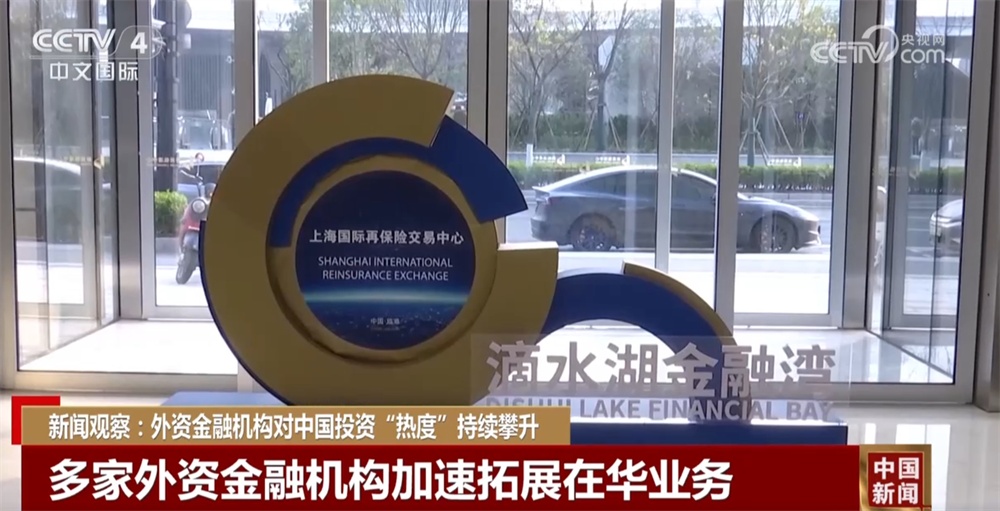 外资金融机构对我国出资“热度”继续攀升 “真金白银”加码我国
外资金融机构对我国出资“热度”继续攀升 “真金白银”加码我国